Amazon’s Ambient Intelligence Takes Homes into the Realm of (Dystopian?) Sci Fi
If Amazon has its way, every home will soon have the immersive automated capabilities of Star Trek’s starship Enterprise.
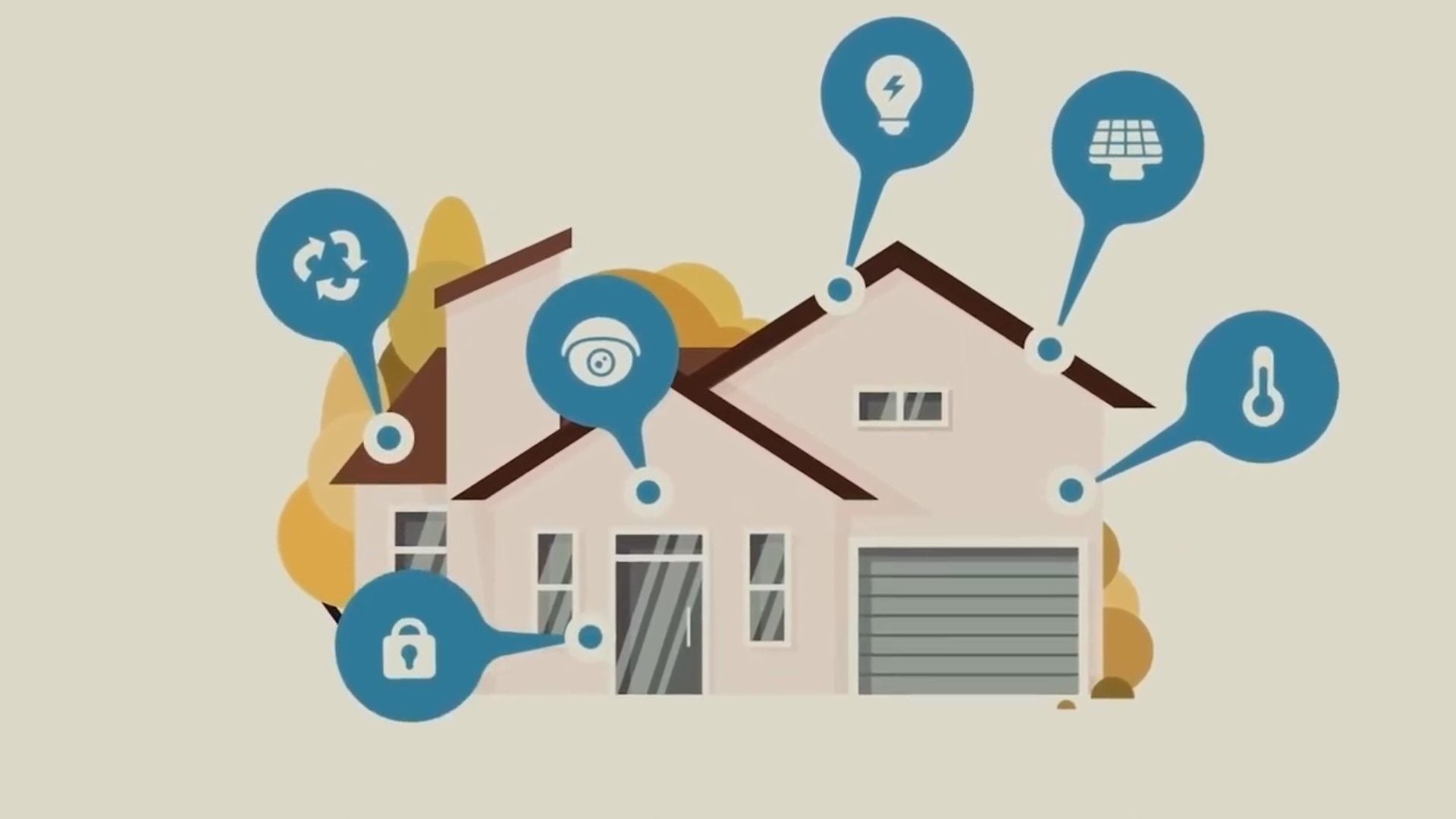
Announcing its vision for “ambient intelligence” at a device event on October 5th, the tech giant described a home in which artificial intelligence machines and services sense the state of the residents’ environment to help in every situation when assistance is needed, either initiated by the occupant or automatically by the AI algorithms.
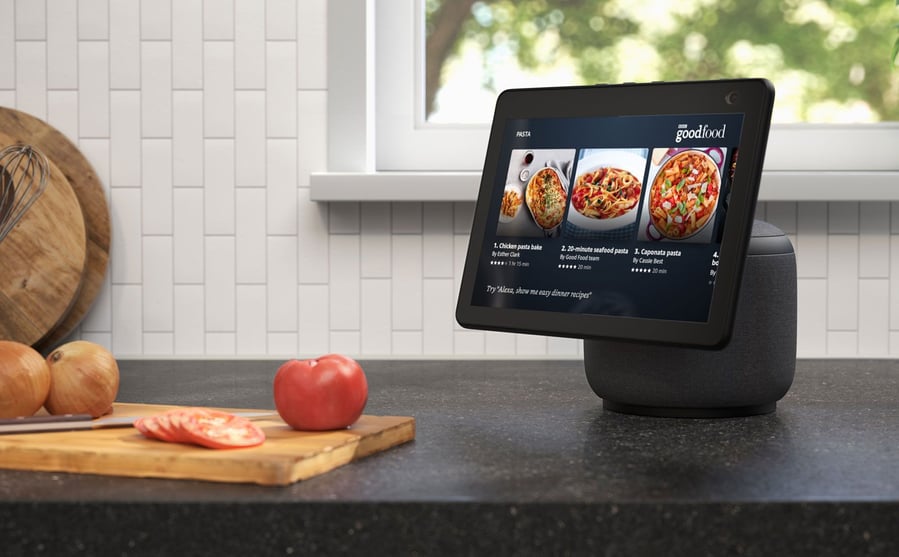
“Today, ambient intelligence comes to life across all of our devices and services, working behind the scenes on customers’ behalf, so they can focus on the here and now, and the people and experiences that matter most to them,” said Amazon’s head of Devices and Services Dave Limp at the event.
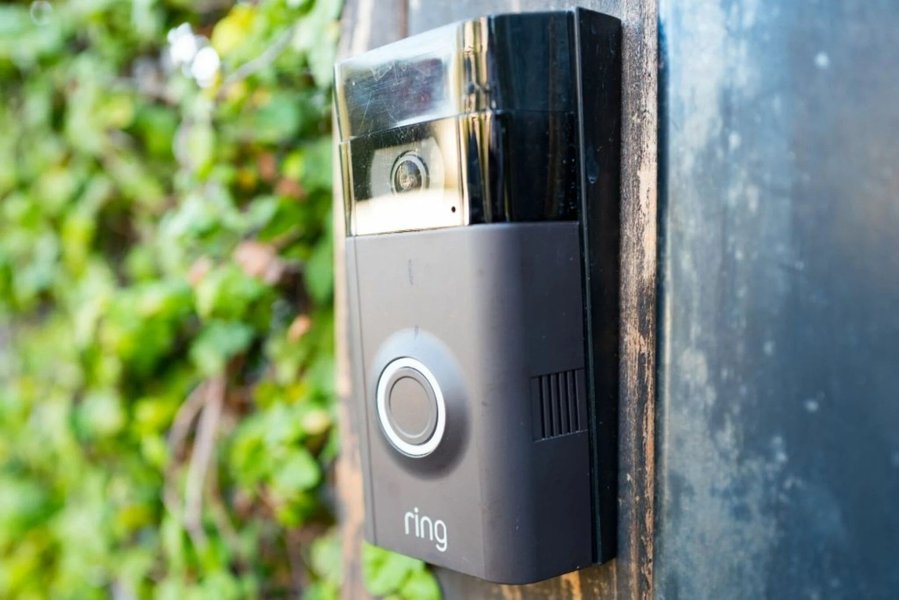
As a Star Trek fan, Amazon Devices & Services VP and General Manager of Consumer Robotics Ken Washington foresaw the future of ambient intelligence back in 2016 when he bought his first Amazon Echo smart speaker.
“I started building these scripts — a series of instructions — in my home so that when I walked into a room, lights would come on, when I left the room, lights would go off, when I turned on my stereo or my TV, the lights would dim,” he said on the company website. “Back then, that was really novel. It made my home feel like I was living on the starship Enterprise.”
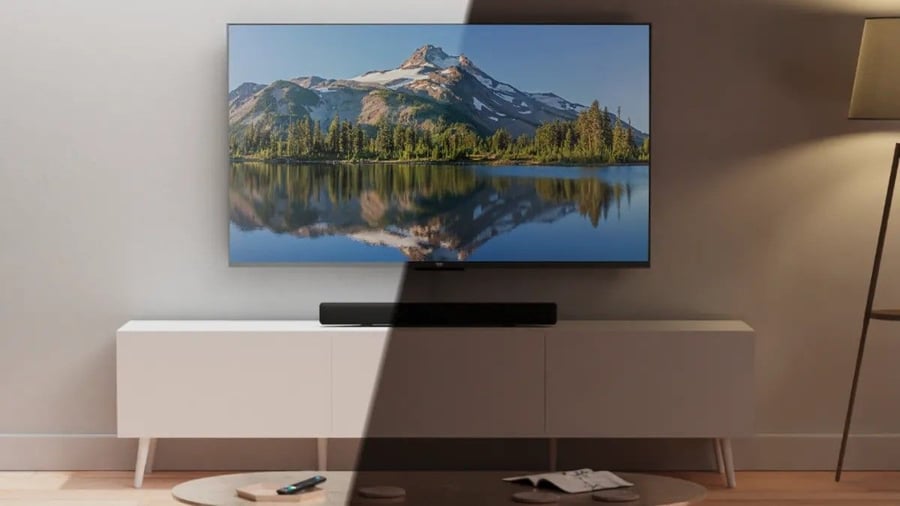
While Washington had the personal know-how to create the scripts, Amazon has since brought that level of functionality to the everyday consumer. “Alexa is really core to our journey around ambient intelligence,” explains Amazon Vice President Heather Zorn. “This is really about creating an intelligent AI that works on your behalf out of the box, so you don’t have to have any specialized knowledge to get real value.”
She said she uses ambient intelligence technology to wake up her boys for school with lights that turn on at a certain time and a peppy morning song played by Echo.
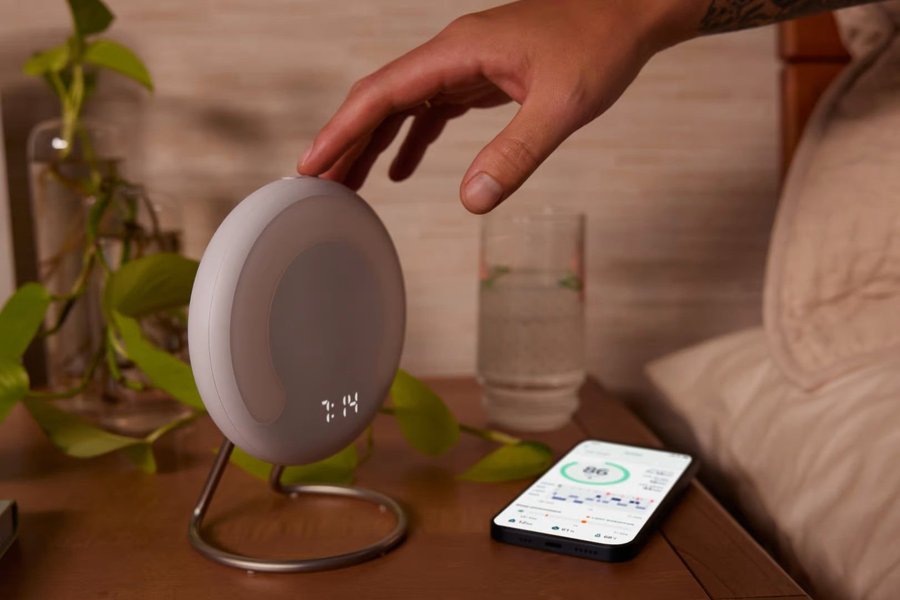
Amazon has over 300 devices that can connect with Echo, including the just-launched Halo Rise, a non-contact bedside device for monitoring your sleep each night, and the Fire TV Omni QLED Series, which will automatically adjust its display based on the amount of light in the room, is voice controlled, and can essentially act as a giant Alexa. And of course, there are the favorites like Ring doorbells, smart thermostats, and even Amazon’s Astro robot-dog, which can follow you around and bring you household items.
Amazon’s internet-blanketed houses can also utilize a new “Hunches” feature to sense if things are off from normal routines. “[Hunches] can be super powerful,” Zorn adds “If every night you turn off your kitchen light before bed at 10 p.m. and then one night you don’t, Alexa can ask if you want the light off and, if you want, turn it off on your behalf moving forward.”
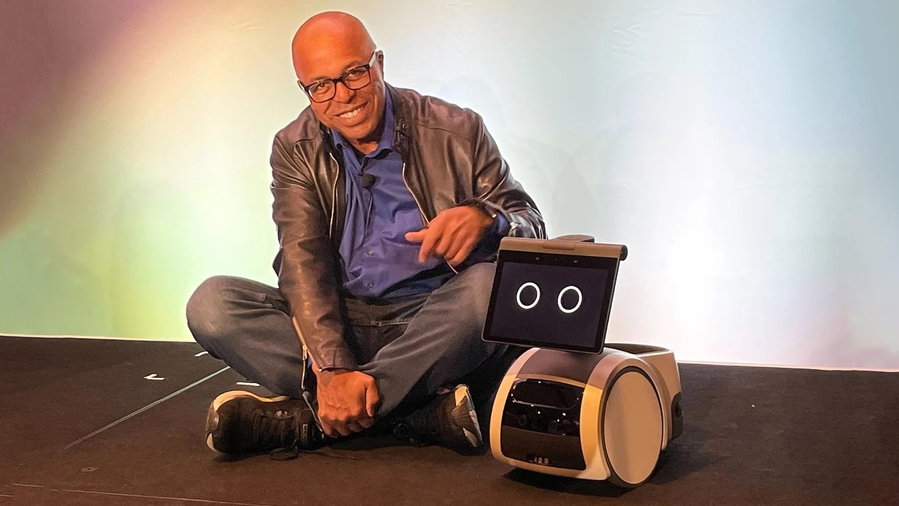
While a home that does everything for you does sound incredible, critics point out that users who buy into the ambient intelligence pitch are exchanging their privacy for convenience. Although Amazon continually promises that “customer trust is paramount in everything we do,” the company has a long history of privacy violations. In 2021, for example, Amazon earned the biggest privacy fine ever issued for breaching the EU’s regulations on how to process personal data.
It will ultimately be up to Amazon customers to ask themselves whether having a fully automated, environment-sensing home is worth being spied on at every moment of the day. For many, the answer is already a resounding yes.




